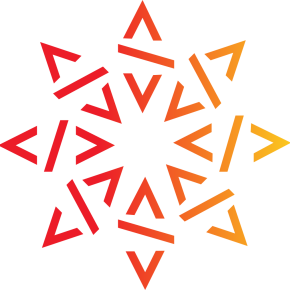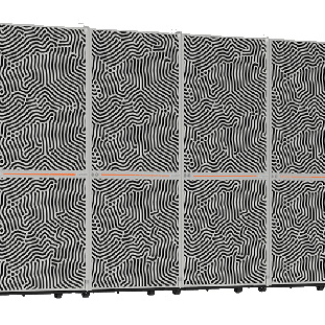
The CNRS provides support for Software Heritage
The CNRS has joined Software Heritage as a platinum sponsor by providing 100,000 euros of backing per year for this universal library of software source codes. Initiated by INRIA and supported by UNESCO, Software Heritage gathers, preserves, and makes this aspect of world heritage widely accessible to all.
Two years after opening to the public, the Software Heritage archive contains over 9 billion source code files from more than 140 million software projects, freely available to everyone. The most famous include the source code for the Apollo 11 navigation system, which allowed humans to take their first steps on the moon, as well as that of the NCSA Mosaic navigator, which popularised use of the web. With a view to open science, it also contains the codes used by scientists for their research, so that they can be consulted and reused. Each file is given an intrinsic, unique, and permanent identifier known as an SWHID.
“The CNRS’s support for the Software Heritage universal, open, and permanent software library is firmly in keeping with our voluntaristic approach to open science, the necessary revolution for which everyone must be an actor,” explains Antoine Petit, Chairman and CEO of the CNRS. The CNRS intends to promote its use by the scientific community, in line with its “roadmap for open science” and its “research data” plan. “The source code for software contains a wealth of knowledge, and we are thrilled by the CNRS’s support for our mission, which is to preserve it and make it easily accessible for all,” says Roberto Di Cosmo, director of Software Heritage. “It is an important step along the road to building, with all research disciplines, the software pillar for open science.”


